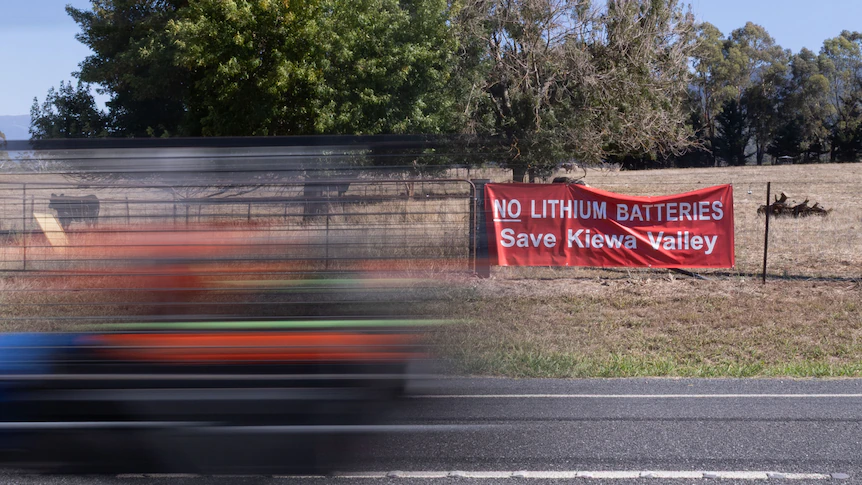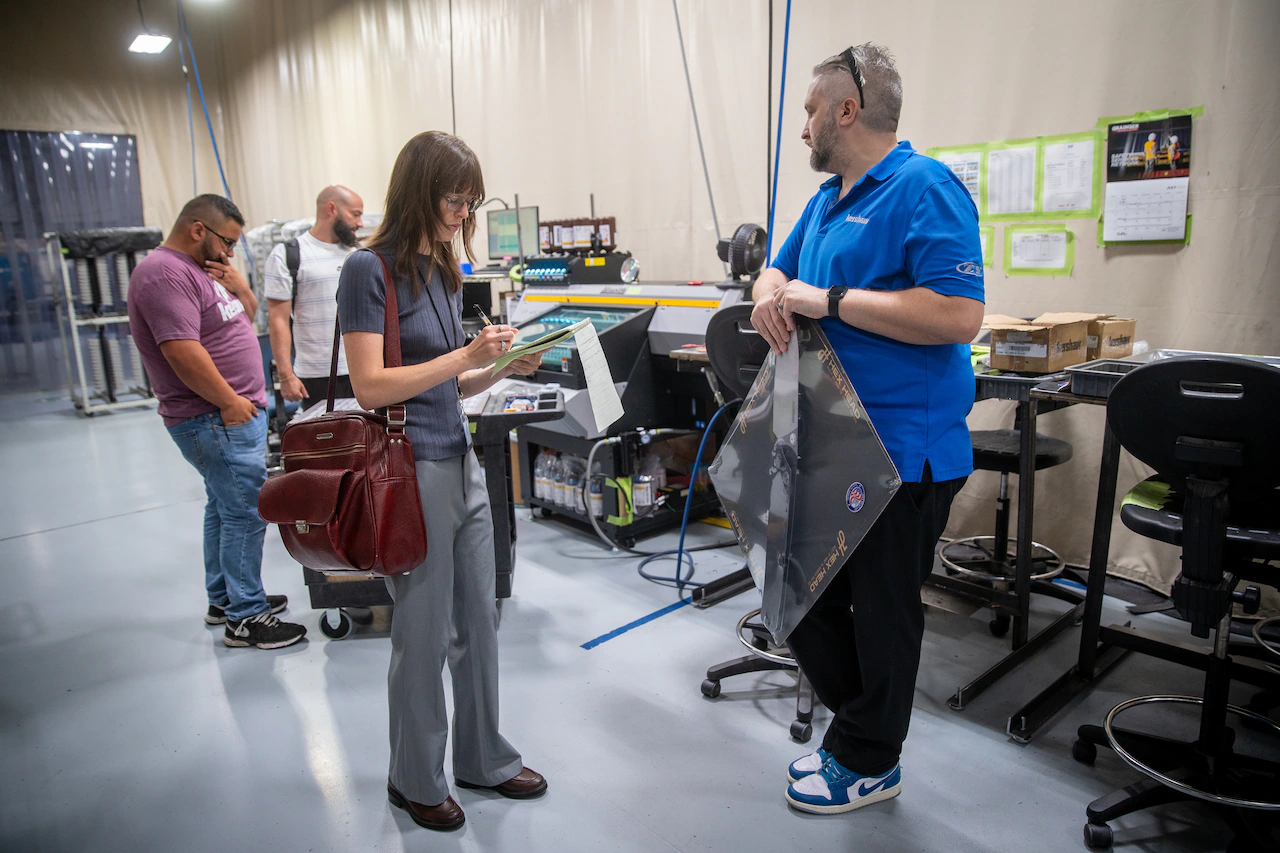
KISUMU, Kenya Sept 17 – The Lake Victoria Basin Commission (LVBC) has concluded a major water quality sampling campaign across Kenya, Uganda, and Tanzania, revealing alarming pollution levels in the lake.
Program Coordinator Arsene Mukubwa said the study, supported by GIZ under the EAC for Nature” programme, has identified key pollution hotspots and traced sources of sediments and pollutants, paving the way for targeted interventions.
“The report clearly identifies where sediments and pollutants originate, allowing us to target interventions effectively,” he said.
“Pollution levels in Lake Victoria have reached alarming levels, prompting the Commission and its partners to take urgent action to reverse the trend.”
The campaign, launched in June 2025 and supported by the German Development Agency (GIZ) through the “EAC for Nature” program, has pinpointed key pollution hotspots that will guide future conservation efforts and policy development.
“Using advanced analytical methods, we can now trace pollution back to its sources. Beyond addressing existing issues, we plan to sensitize local communities to adopt preventive measures to stop pollution before it happens,” Mukubwa added.
Mukubwa stressed the need for regional cooperation to manage shared water resources sustainably and avoid conflict.
He emphasized that water resources within the East African Community should not become sources of conflict but rather opportunities for cooperation.
The Lake Victoria Integrated Water Resources Management Programme strives to bring all partner states together to discuss how to share and use the resources efficiently and equitably.
“The Mara basin, for example, is a complex environment with rich biodiversity and multiple human activities relying on the same water resources. Balancing these demands sustainably is critical,” Mukubwa said.
He further stressed that stakeholders must regularly engage in dialogue to assess and address shared resource challenges to ensure sustainable use for current and future generations.



